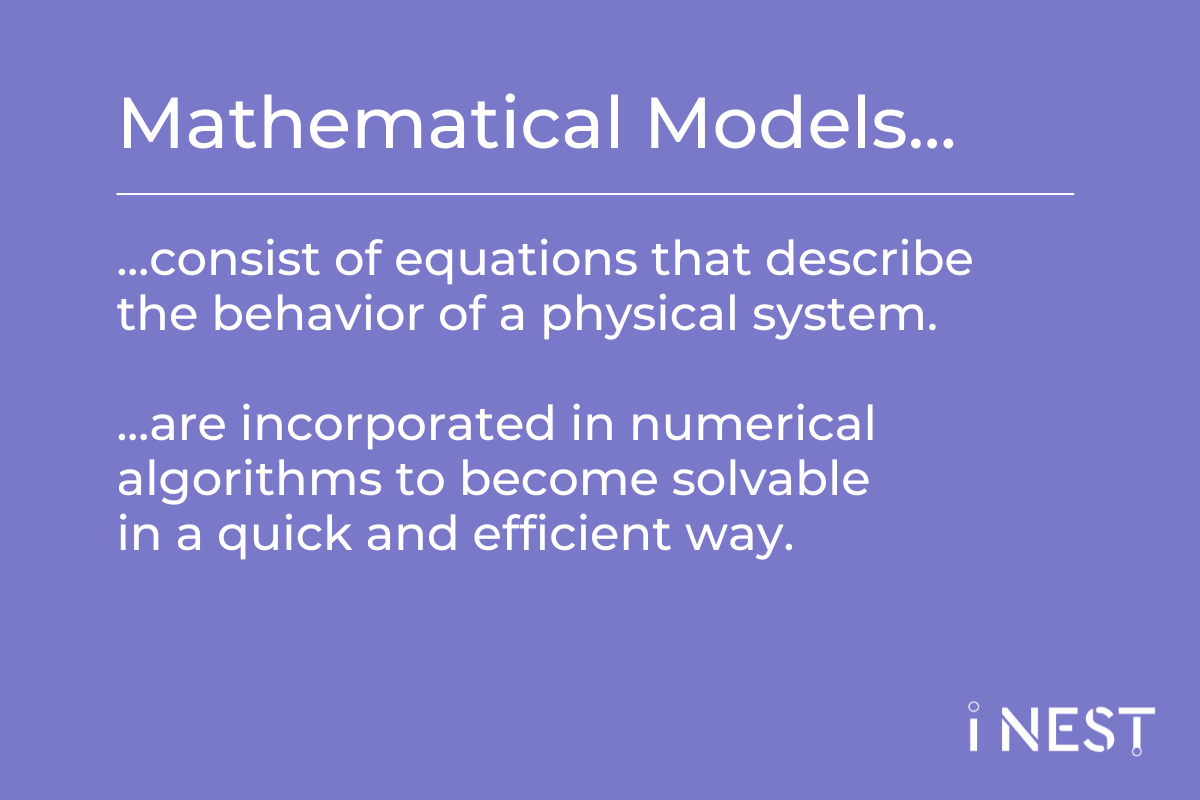Research Topic 1
Digital Twins are conceived to mirror some incredibly intricate phenomena, including turbulence, physiological responses in organisms, and traffic flow in urban transportation networks. These phenomena fall under the broad category of complex systems—collections of interconnected elements whose interactions yield global behaviors and properties beyond the understanding of individual components alone.

To understand and predict the behavior of a complex system, scientists rely on a mathematical model—a set of equations that encapsulate the physical laws governing the system: solving the equations of a mathematical model corresponds to deciphering the physics underlying the complex system.
Since this task is often long and cumbersome, researchers optimize their work by utilizing a numerical computation algorithm: instead of carrying out calculations by hand, they provide a set of step-by-step instructions to a computer, which can solve a problem using only numbers and logical-mathematical operations. Numerical algorithms are the essence of Digital Twins and enable the real-time simulation of a complex system.
This is where Research Topic 1 (RT1) of Spoke 9 comes into play: its goal is to lay the foundation for effective algorithms, capable of creating increasingly precise and sophisticated Digital Twins. Building on existing software, RT1 aims to enhance its capabilities, focusing particularly on integrating and assimilating vast amounts of data—essential for ensuring that the DT accurately reflects the behavior of its real-world counterpart.
But there is more: every numerical algorithm inevitably introduces small approximations, which can lead to errors in the final results. To tackle this challenge, RT1 is committed to developing advanced methods to quantify and reduce these uncertainties, leveraging the mathematics of Uncertainty Quantification (UQ).
Coordination
Research Topic 1 is led by the University of Padua. The International School for Advanced Studies (SISSA) and the University of Trieste (UniTS) are also involved in RT1.
